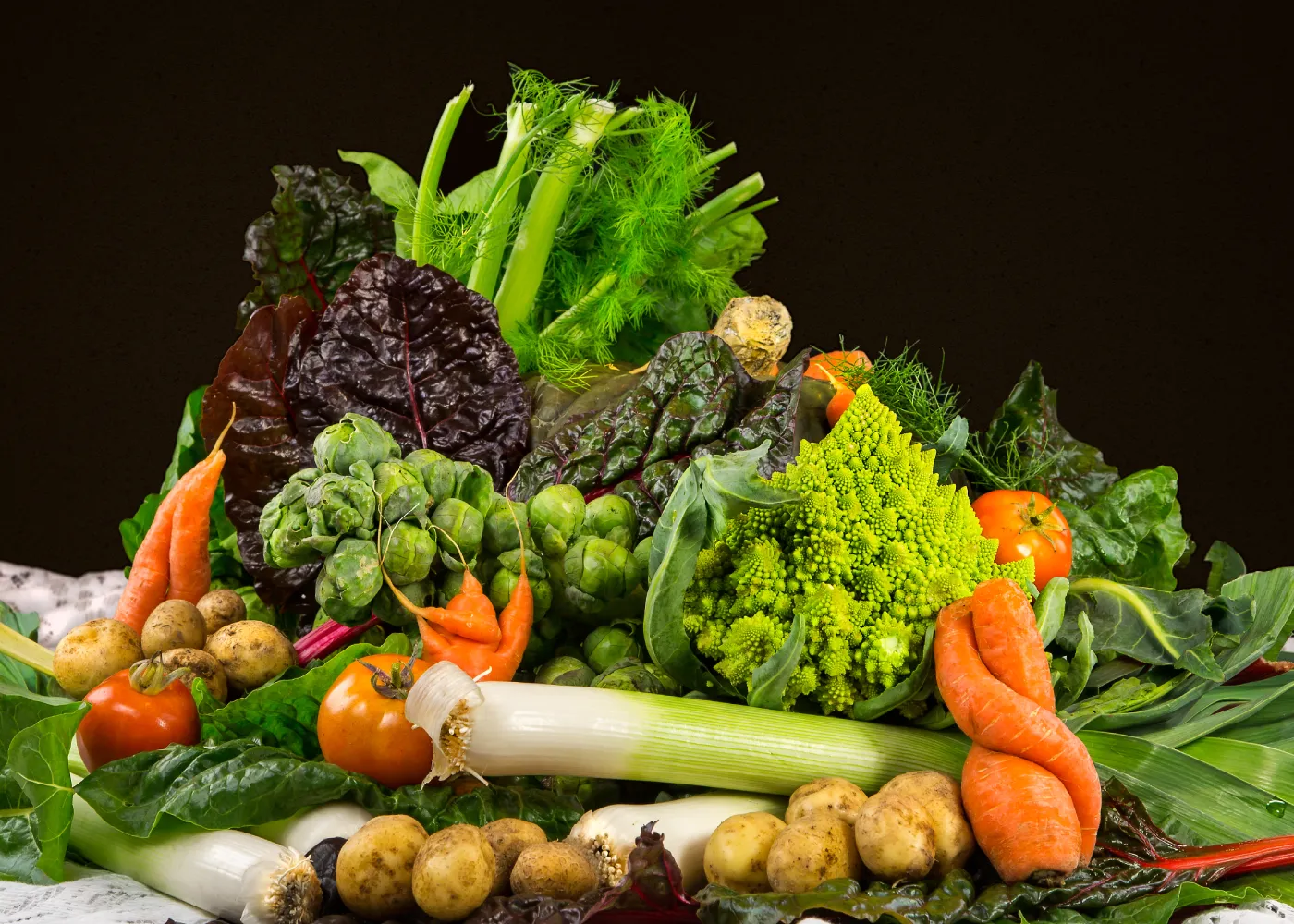In an age where environmental concerns and food sustainability are at the forefront of global discussions, the importance of sustainable farming cannot be overstated. Sustainable farming practices not only promote environmental stewardship but also ensure food security and economic viability for farmers. To empower both current and aspiring farmers with the skills and knowledge necessary to adopt these practices, we are excited to announce our Sustainable Farming Workshops.
What Are Sustainable Farming Workshops?
Our Sustainable Farming Workshops are designed to provide hands-on training and education on a variety of sustainable farming techniques. These workshops cover topics such as organic farming, soil health, water management, pest control, crop rotation, and agroecology. Participants will have the opportunity to learn from experienced farmers, agricultural experts, and environmental scientists who are passionate about promoting sustainable practices in agriculture.
Why Attend a Sustainable Farming Workshop?
- Hands-On Learning Experience: Unlike traditional classroom settings, our workshops are interactive and hands-on. Participants will engage in practical exercises that allow them to apply what they learn in real-world scenarios. Whether it’s planting seeds using sustainable methods or assessing soil health, attendees will gain invaluable experience that can be directly implemented on their farms.
- Expert Guidance: Our workshops feature knowledgeable instructors who have extensive experience in sustainable farming. They will provide insights into best practices, share success stories, and offer guidance on overcoming common challenges faced by farmers today. This expert knowledge can help participants avoid pitfalls and make informed decisions.
- Networking Opportunities: These workshops also provide a platform for participants to connect with like-minded individuals. Networking with fellow farmers, agricultural professionals, and sustainability advocates can lead to valuable collaborations, resource sharing, and support systems that extend beyond the workshop itself.
- Access to Resources: Participants will receive a wealth of resources, including workshop materials, guides, and additional reading materials to further their learning. This access to resources ensures that attendees can continue to build on their knowledge long after the workshop ends.
Topics Covered in Our Workshops
- Organic Farming Practices: Participants will learn about the principles of organic farming, including soil health management, crop rotation, and pest control. The workshop will cover how to convert conventional farming operations to organic methods and the benefits of organic certification.
- Soil Health and Fertility: Healthy soil is the foundation of sustainable farming. This workshop will explore the importance of soil health, methods for improving soil fertility, and practices like composting and cover cropping that contribute to healthier soils.
- Water Management: Efficient water use is critical in sustainable farming. Participants will learn about irrigation techniques, rainwater harvesting, and strategies for conserving water resources while maintaining crop yields.
- Integrated Pest Management (IPM): This session will focus on effective pest management strategies that minimize the use of chemical pesticides. Participants will explore biological control, companion planting, and other eco-friendly pest control methods.
- Agroecology and Biodiversity: Understanding the role of biodiversity in farming systems is essential for sustainability. This workshop will discuss agroecological principles, the benefits of diverse cropping systems, and how to promote biodiversity on the farm.
How to Get Involved
Our Sustainable Farming Workshops are open to farmers of all experience levels, from novices to seasoned professionals. Workshops will be held at our farm and will include both indoor and outdoor sessions to provide a comprehensive learning experience. Participants can sign up for individual workshops or enroll in a series to gain a deeper understanding of sustainable practices.
To ensure the workshops are accessible to everyone, we offer sliding scale pricing and scholarships for those in need. We believe that education should be available to all who are interested in creating a more sustainable future.

0 Comments